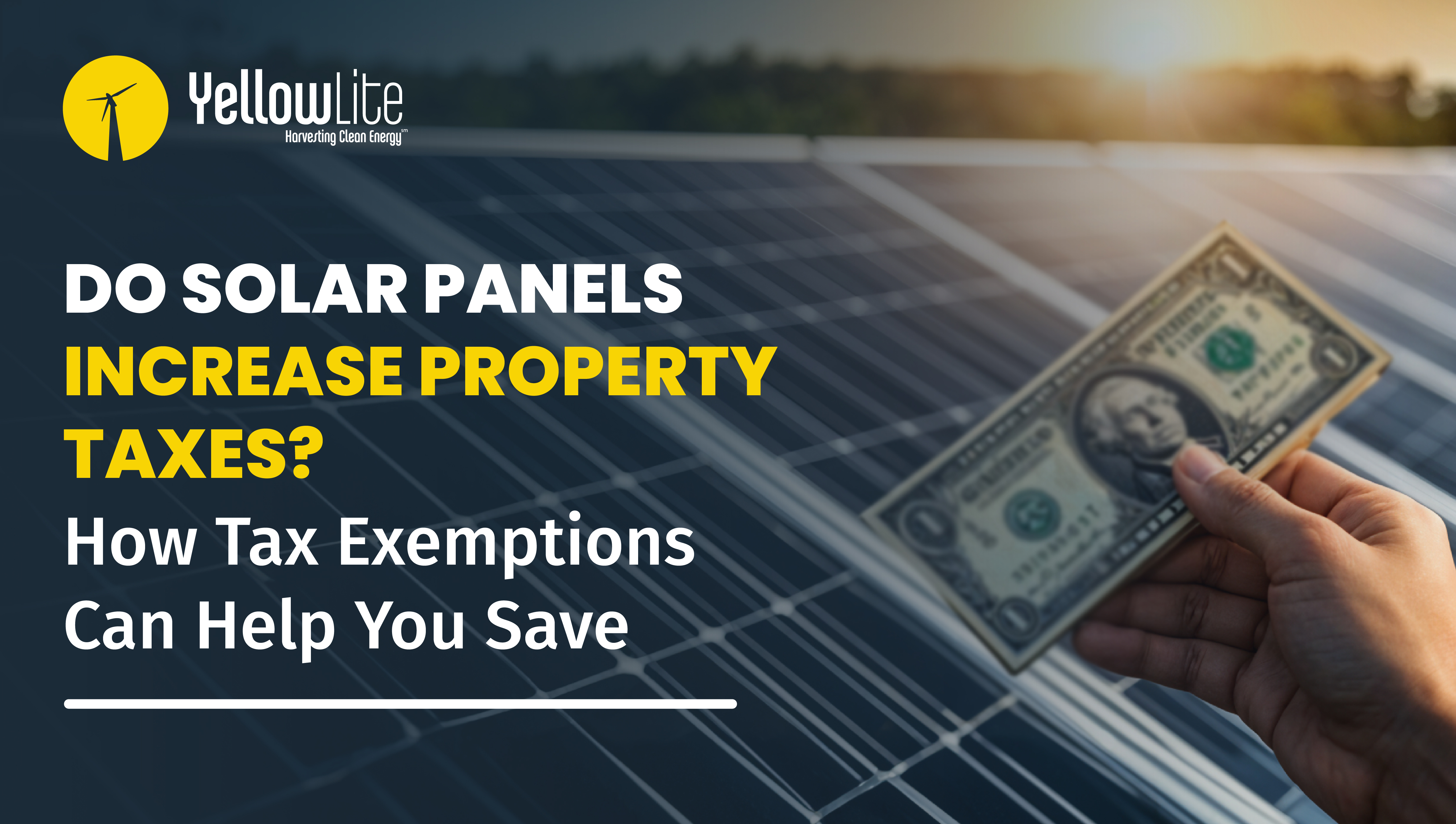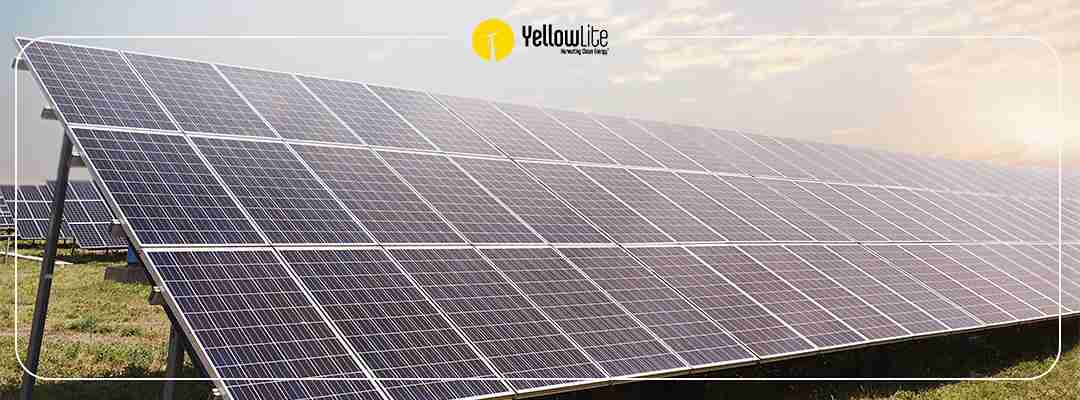Do Solar Panels store your energy? NO
The elementary function of solar panels is to collect energy from the sun and convert it into consumable electricity with the help of an inverter. These photovoltaic panels can only make energy while the sun is shining on them. Once the sun has set or overcast weather is predicted, the panels would not be able to generate energy. In order to store the energy generated by solar panels and use them when needed, solar batteries are required.
Why Solar Batteries?
Although a solar energy system can work independently without solar batteries, it is highly recommended to have sufficient battery storage for your utility needs. Solar energy systems are designed to send power to items that are actively drawing it. The surplus electricity is directed to the grid through net metering. Having solar batteries allows you to store your surplus energy in batteries and then forward it to the grid.
Benefits of Having Solar Batteries
Energy storage is extremely important and beneficial for solar owners. The normal energy consumption of residential solar owners is usually later in the day and into the evening. However, solar energy production is at its peak when the sun is shining high, while it dwindles in the evening. Having an electricity storage space helps you to store energy production when it is not being actively used.
Types of Batteries
There are different types of batteries used in the commercial and residential solar market: Lead Acid Battery, Lithium-ion Battery, Nickel Cadmium Ni-Cd Battery, and Flow Battery.
Lead Acid Batteries
Lead Acid batteries are a true tried and tested battery technology and are used widely in all sorts of areas where a battery might be needed. There are two types of Lead Acid batteries: Flooded and Sealed. These batteries are the cheapest energy storage option available. Their ability to be easily disposed of and recycled makes them cheap and readily available. Flooded Lead Acid batteries have typical maintenance issues. They need proper ventilation and regular upkeep to operate optimally. Lead Acid batteries have a low depth of discharge and need to be recharged more often. This also means that these have a shorter lifespan.
Lithium-Ion Batteries
Lithium-Ion batteries are comparatively new in the energy storage block. Lithium-ion batteries were a success in the mobile market and proved to be a reliable and compact storage partner. However, the rise of EV vehicles actually revolutionized Lithium-Ion batteries on a larger scale. These days, Tesla’s Powerwall battery and LG’s Chem battery are popular Lithium-Ion solar storage options.
The major benefit of Lithium-Ion batteries is that they are maintenance-free. They have a much higher battery energy density and can hold more energy in a smaller space than a Lead Acid battery. With almost 99 % depth of discharge, these batteries are able to hold and release more energy with a much longer lifespan. The only downside of lithium-Ion batteries is that they are comparatively expensive.
Nickel Cadmium Ni-Cd Batteries
Nickel Cadmium batteries are another possible storage solution, but these are mostly used in the aviation industry. These batteries are quite durable and can operate at extreme temperatures. However, Cadmium is considered toxic and is banned in some countries as well. Due to its toxic nature, it is not advised to be hosted in a residential area; also, it is very difficult to dispose of or recycle.
Flow Batteries
Flow batteries are another emerging battery technology. These batteries contain a water-based electrolyte liquid acting like an electrochemical cell. A typical flow battery has two separate liquid tanks, both pumping through a membrane between electrodes. This results in a chemical reaction between two separate chambers when charged. For flow batteries to work and store charge efficiently, they need to be in large sizes, which increases their price. Flow batteries are totally impractical for residential use due to their extremely high costs and large sizes.
Verdict
For solar energy storage, the best recommendation would be to go for a Lithium-Ion battery. These batteries can hold comparatively more energy in a small amount of space and discharge most of their stored energy without affecting their lifespan. Although Lithium-Ion batteries are more expensive than Lead Acid, a Lithium-Ion’s longer lifecycle and age make it the preferred choice.
YellowLite’s experts have extensive on-hands knowledge and experience with all types of batteries available on the market. Yellowlite inspects, designs, and installs solar energy systems to suit the need of individual customers.
If you are still unsure about which battery and what capacity would be ideal for your solar project, contact us today.
Call us at 216-333-1364
Email us on https://www.yellowlite.com/contact-us/



